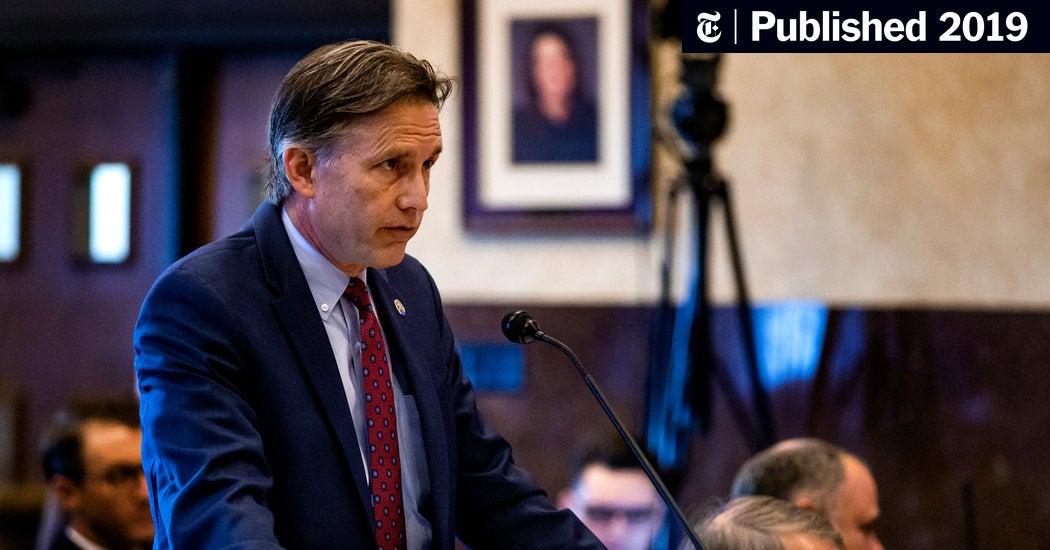In all seriousness though, there does have to be an element of personal responsibility here.
I do believe the drug companies do bear responsibility and should be held accountable. They may get sued out of business, which maybe they deserve. But some new company will pop up and make the drugs and the government will still classify them as “Schedule II, having legitimate medical use.” And it won’t solve the opiate crisis, one iota, anymore than suing the car makers out of business because drunk driving deaths happen would solve the problem of car deaths. Neither will absolving the drunk drivers of all responsibility and letting them off the hook, just because they have a “disease.”
The award money doesn’t go back to “those harmed by opiates.” Only the lawyers win in these lawsuits. It also conveniently leaves out all personal responsibility for people who are lying, cheating, stealing and breaking the law to abuse and sell the drugs in the first place.
Yes, addiction is a disease and needs to be treated, but one must take responsibility for that disease. It’s not someone’s fault for having diabetes, but it is their responsibility to seek treatment and take their insulin. It’s also not ones fault they have epilepsy, but they’re held responsible if they know that, drive anyways and cause societal harm.
I agree, all sides of this debacle bare responsibility and that there’s plenty of blame to go around.


